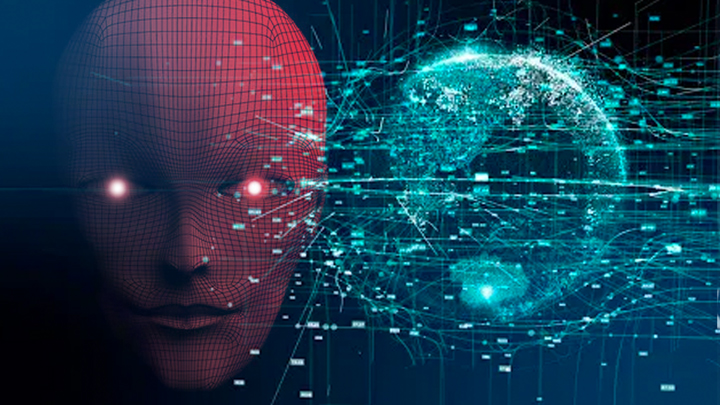The British invented table tennis, but it became a symbol of China. In April 1971, it passed to be a sports branch and became a new paradigm of international politics known as the ‘Ping-Pong Diplomacy’. After 10 years of no diplomatic contact between them, the US national table tennis team has landed upon invitation in the People’s Republic of China.
The matches with the Chinese World Champion Liang Geliang and US athlete Judy Hoarfrost became the point of departure for a precisely designed traffic of diplomacy. The athletes were hosted for a week by the then-Prime Minister, Zhou Enlai, and three months later, the US President Richard Nixon and his National Security Advisor, Henry Kissinger took a secret trip to the Chinese capital Beijing.
In parallel to developing bilateral relations, China obtained UN membership including a seat in the Security Council on November 27, 1971 and sanctions targeting Beijing were cancelled gradually. Being in a fierce competition with the Soviet Union, Washington felt more secure thanks to the new established equation.
Swinging the racket 10 thousand km away
Recently, 50 years later, the two table tennis athletes Liang Geliang and Judy Hoarfrost met again around a Ping-Pong table. This time, the two athletes were 10 thousand kilometers away from each other, connected by virtual reality. The matches were labeled “First friendship, then competition”. In line with the event title, the matches ended with a draw of 2-2. During the event, Henry Kissinger, a witness period of Ping-Pong diplomacy, stated “sometimes small steps are necessary to express a grand decision”. Ping-pong diplomacy may still provide hope for the future of the Sino-American, according to Kissinger.
Kissinger’s warning of Artificial Intelligence
Henry Kissinger, who is considered to be a living legend of American diplomacy, gave a long interview in the same week to the magazine Business Insider. Here, Kissinger expressed the opinion that “Artificial Intelligence” (AI) will decide the great power competition. Kissinger stated that a war between countries that controlled AI-technology may lead to an unprecedented destruction, and said:
“In the competition between China and the West, a key objective has to be to prevent it from becoming an all-out AI conflict. Which means that, while both sides may have the theoretical capability of winning, neither side chooses to exercise it—they should limit it by some kind of understanding. I’m laying out a task, not a detailed program. Strive for it, because the alternative of an all-out conflict strains the imagination. The United States must always have an adequate defense. But in the high-tech world, it must also work for coexistence. We cannot do it as a unilateral act. This is the challenge of our time (…) In dealing with China, different schools of thought have to be sorted out. There’s a group who thinks the Chinese capacity for foreign policy must be confronted at all levels from economics to Chinese internal politics. It ascribes current Chinese policies to the current Chinese leadership and strives for bringing about a more accommodating group. I, on the other hand, believe that such an attitude generates a maximum of resistance.”
Coexistence is a necessity
Arguing, “coexistence in the current world of technology is a necessity”, Kissinger calls to respect other countries’ differing value systems. The now retired, almost 100 years old diplomat warns that the same way as nuclear weapons, AI should also not be used as an instrument in conflicts. It remains to be seen whether international politics will follow his warning and consider the use of AI a red line. But according to Kissinger, the world needs to discuss this topic urgently.
In a speech held in the Massachusetts Institute of Technology (MIT), Kissinger already had warned that the development of AI-supported weapons will produce huge problems in the future, arguing that their control would be even more difficult than the of nuclear weapons.

















Leave a Reply